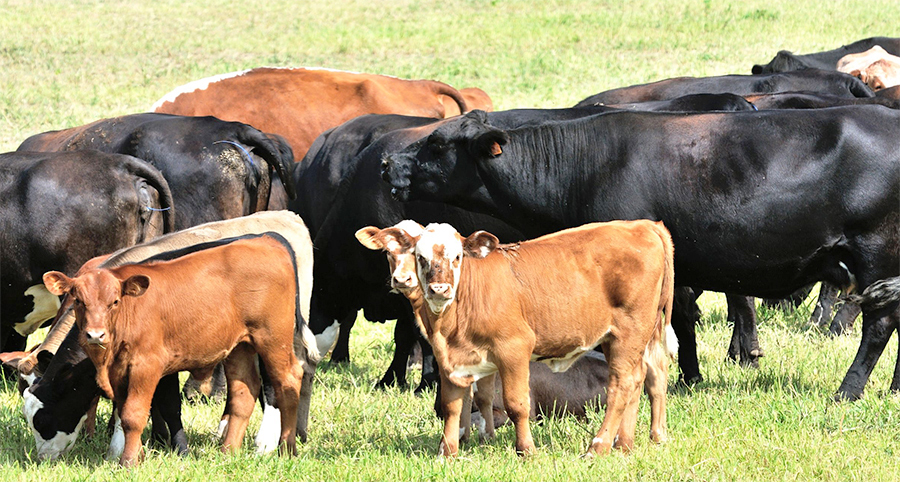
Three large collaborative grants, totalling £9.5m, have been announced by the Medical Research Council (MRC) as part of a cross-Council initiative to tackle antimicrobial resistance (AMR).
The awards together mark one of the biggest investments into AMR since the initiative launched and will use new technology to exploit natural compounds, develop a tool to offer better and faster diagnostics and explore how the body’s own immune system can be boosted to fight infection.
AMR is a significant and growing challenge. The world is facing an increase in the number and type of bacteria resistant to antibiotics alongside stagnation in the development of new antibiotics or viable alternatives.
It is clear that an interdisciplinary approach at a global level is needed to tackle the challenge if we are to save millions of lives being lost as a result of antibiotic-resistant bacteria.
The MRC has been working with the other Research Councils that form Research Councils UK to identify research opportunities that cross disciplines to help tackle the rise in AMR.
The latest round of awards has been funded by the MRC, Biotechnology and Biological Sciences Research Council (BBSRC), Economic and Physical Social Research Council (EPSRC) and Economic and Social Research Council (ESRC) through the AMR cross-Council initiative, established in 2014 as part of a strategic and co-ordinated effort to address the growing problem head on.
Dr Jonathan Pearce, Head of Infections and Immunity at the MRC, said: "There is undoubtedly an urgent need to develop new antibiotics but tackling the issue of AMR is about much more.
"We need to be imaginative and look at what alternatives there are to antibiotic use, and to do this successfully we need to work in partnership.
"These awards are a concrete example of what the MRC in collaboration with the other research councils is doing across a wide range of disciplines to fight AMR."
Dr Adam Staines, Head of Agriculture and Food Security at BBSRC added: "It is important that we remain cognisant of the interplay between humans, animals and the and the implications this has on the risks associated with resistant bacterial pathogens."
"This multidisciplinary call is an excellent opportunity to invest in fundamental research which also has significant scope to influence antimicrobial usage and alternative strategies for infection management in farmed animals and humans, impacting on the agriculture, food and health systems both in the UK and further afield."
